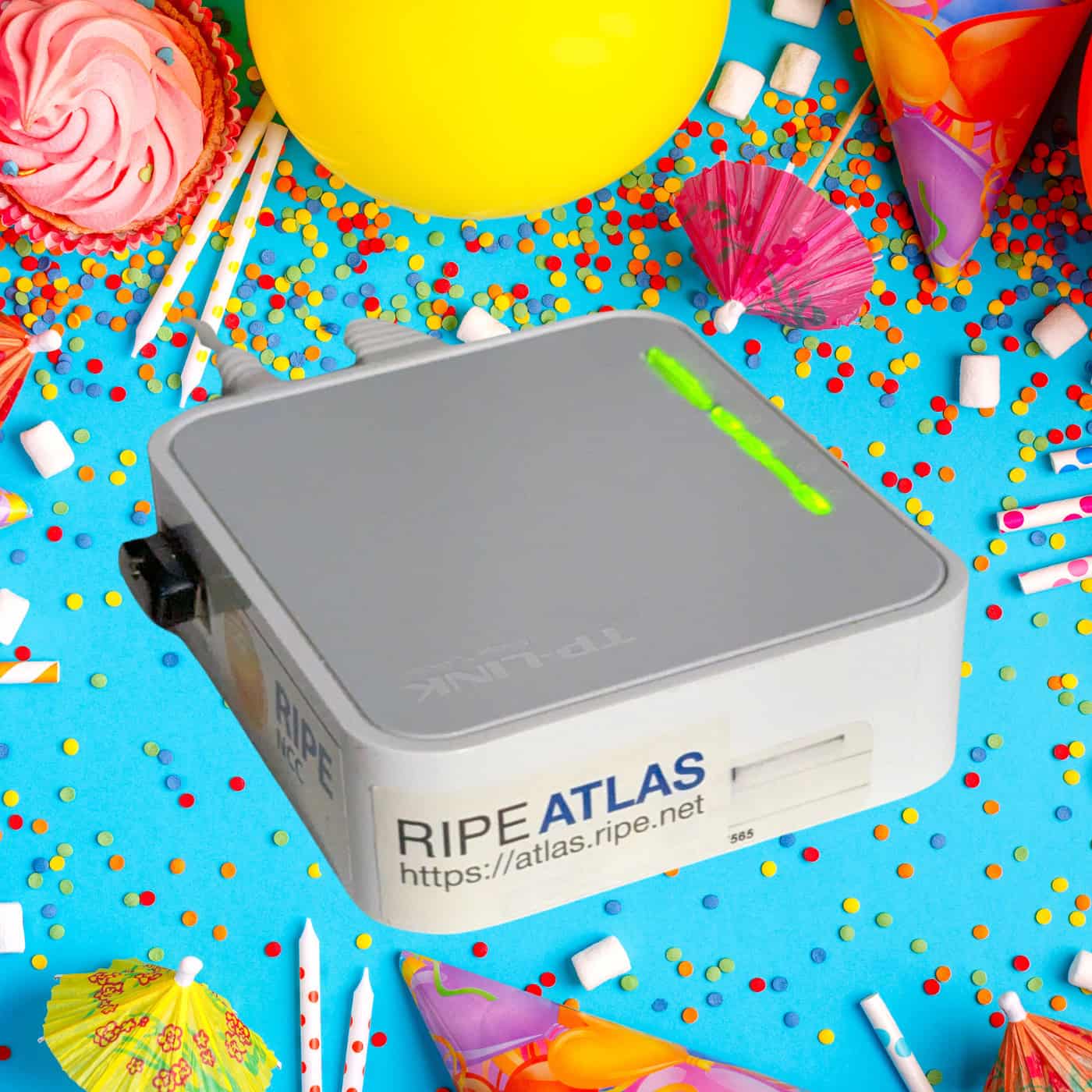Now that the dust has settled after another successful ARIN Public Policy Meeting (PPM), it’s time for a quick ARIN policy update. Today I’ll be covering just actions taken since ARIN XXIX in Vancouver. I’ll wait to post about new and existing draft policies until we get closer to the next PPM; ARIN XXX in Dallas, TX 24-26 October 2012.
Policies Abandoned
ARIN-2011-5: Shared Transition Space for IPv4 Address Extension
After much debate, the proposal in question was sent forward to the Board for implementation, this resulted in conversations with the IETF and the publishing of RFC 6598, which requested the space be allocated via IANA. This has been done, and therefore policy action by ARIN is no longer necessary. The board referred the policy back to the AC, and the AC hereby abandons the policy to successfully conclude its policy life-cycle.
ARIN-2011-7: Compliance Requirement
After several revisions and much work with both the policy originators and the general community, this policy has still been unable to gain a positive consensus. As such, it is the belief of the AC that no further productive work can be done with this specific policy and we have thus voted to abandon it.
We’re happy to work on future policy to meet the needs of the community. The AC invites community members who wish to participate in
future policy development to contribute their ideas or policy proposals.
ARIN-2012-4: Return to 12 Month Supply and Reset Trigger to /8 in Free Pool
The abandonment motion was based on two main points:
- Approximately an even split in the community, both on PPML and at ARIN XXIX, favoring/opposing the measure.
- Concern about losing soft landing aspects of a 3 month window (soft landing procedures are in effect at other RIRs).
Policies Adopted
On 6 June 2012 the ARIN Board of Trustees adopted the following policies (they will be implemented by 31 July 2012):
ARIN-2011-1: ARIN Inter-RIR Transfers
This policy replaces NRPM section 8.3 Transfers to Specified Recipients with language that allows the transfer of IPv4 addresses between organizations in different regions (i.e. served by different RIRs). Its language is further amended/replaced by ARIN-2012-1 however, see below.
ARIN-2012-1: Clarifying requirements for IPv4 transfers
This policy further rewrites the specified transfer policy in order to provide additional checks and balances into the process of paid transfers. From my last post on this topic:
The policy [places] the following conditions on the source of a specified transfer:
- The source entity must be the current registered holder of the IPv4 address resources, and not be involved in any dispute as to the status of those resources.
- The source entity will be ineligible to receive any further IPv4 address allocations or assignments from ARIN for a period of 12 months after a transfer approval, or until the exhaustion of ARIN’s IPv4 space, whichever occurs first.
- The source entity must not have received a transfer, allocation, or assignment of IPv4 number resources from ARIN for the 12 months prior to the approval of a transfer request. This restriction does not include M&A transfers.
- The minimum transfer size is a /24
It [also places] the following conditions on specified transfer recipients:
- The recipient must demonstrate the need for up to a 24 month supply of IP address resources under current ARIN policies and sign an RSA.
- The resources transferred will be subject to current ARIN policies.
ARIN-2011-1 [also places] similar conditions on sources and recipients within the ARIN region when transferring resources into or out of the ARIN service region.
ARIN-2012-3: ASN Transfers
This change allows Autonomous System Numbers (ASNs) to be transferred between organizations at will, under similar conditions as IPv4 addresses.
Global Policy Adopted
ARIN-2011-9 (Global Proposal): Global Policy for post exhaustion IPv4 allocation mechanisms by the IANA
On 6 May the ICANN Board ratified the global proposal GPP-IPv4-2011, identified in the ARIN region as ARIN-2011-9 (Global Proposal). As I explained previously, GPP-IPv4-2011 “is a global policy which provides a mechanism for the IANA to receive and allocate IPv4 addresses to and from the RIRs post free pool exhaustion (aka: now). This is needed because upon reaching the final five /8s, the IANA entered the “exhaustion phase” which does not allow for any further allocation of IPv4 addresses.”
This was an absolutely necessary change and it’s great to see it finally adopted.
For more, you can find the ICANN Board resolution here.
Miscellaneous
IPv4 Depletion/Countdown Plan
ARIN has implemented an “IPv4 Depletion/Countdown Plan” that is available along with their (very near) real-time IPv4 inventory reporting on the ARIN website: https://www.arin.net/resources
ARIN Returns Some IPv4 Address Space to IANA
With the adoption of GPP-IPv4-2011 (ARIN-2011-9), noted above, it became possible for IANA to allocate IPv4 number resources to the RIRs again. In light of this it was announced on 11 June 2012 that the “ARIN Board of Trustees at its 6 June meeting directed ARIN staff to return to the IANA the IPv4 address blocks that have been voluntarily returned to ARIN in recent years. The total amount of space being returned to the IANA amounts to roughly a /8 equivalent and includes the large block of IPv4 addresses returned to ARIN by Interop in 2010.”
That’s all for now! Stay tuned for an evaluation of draft policies heading into the October PPM in Dallas later this year. As always, feel free to shoot me your questions; as a comment, or privately.




